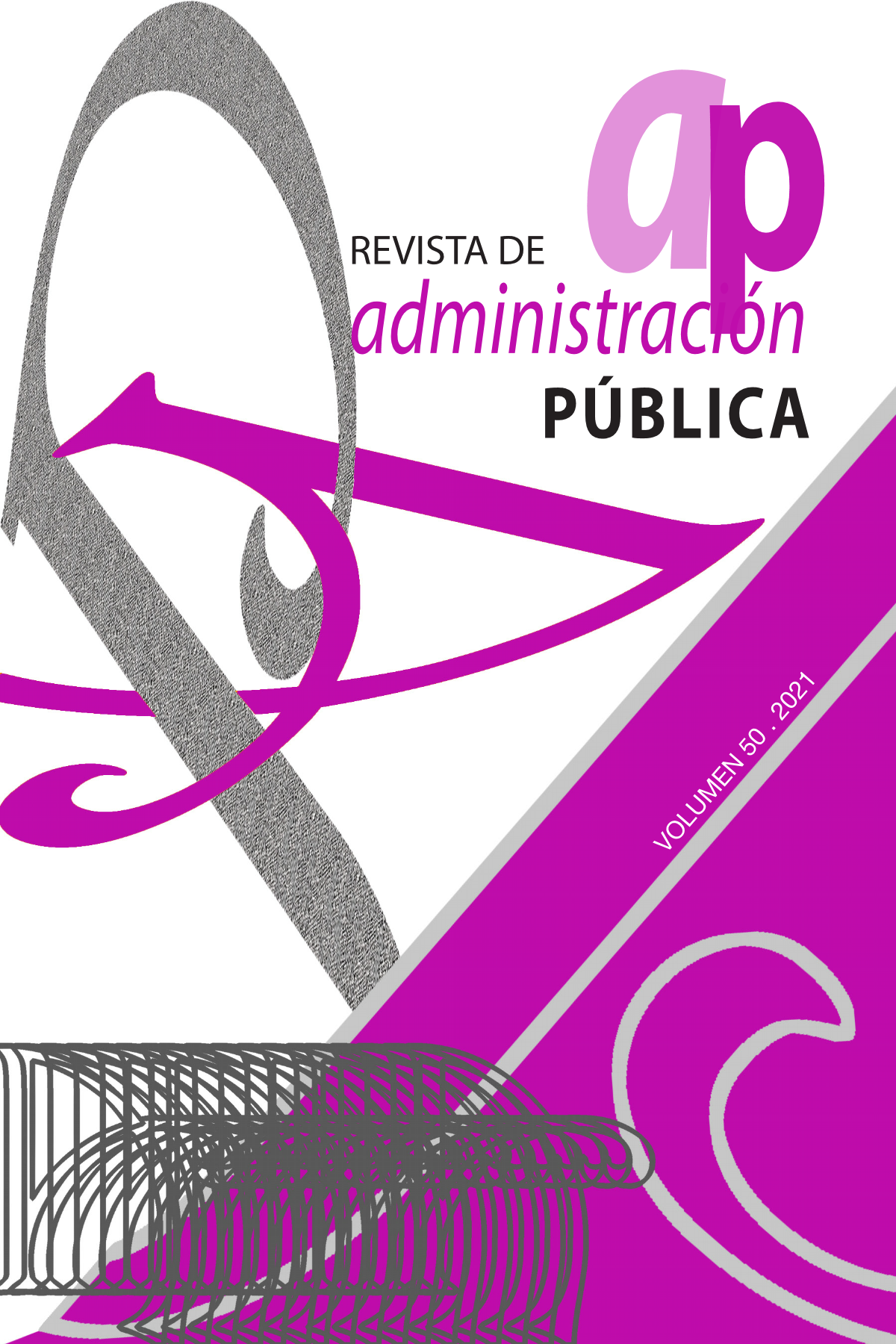Resumen
En este ensayo se analizan los factores que inciden en el bajo aprovechamiento educativo que caracteriza a un gran número de estudiantes provenientes de la pobreza urbana en Puerto Rico. Así mismo, se identifican las prácticas de la educación alternativa que, por sus características, pueden ser efectivas en contextos escolares de pobreza, particularmente urbana y se argumenta su aplicabilidad.
Citas
Abazari, F., Haghdoost, A. y Abbaszadeh, A. 2014. The Relationship between Students‘ Bonding to School and Multiple Health Risk Behaviors among High School Students in South-East of Iran. Iranian Journal of Public Health, 43 (2): 185-192
Bowles, S., Gintis, H., y Groves, M.O. (Eds.). 2005. Unequal Chances: Family
Background and Economic Success. New York and Princeton: Russell Sage
Foundation and Princeton University Press.
Briggs, S.2014. 30 Ways to Become a Culturally Sensitive Educator. https://www.opencolleges.edu.au/informed/ features/culturally-sensitive-educator/
Catalano,R.F., Haggerty, K.P, Oesterle, S., Fleming, C.B. y Hawkins,J.D. 2004. The Importance of Bonding to School for Healthy Development: Findings from the Social Development Research Group. Journal of School Health, 74 (7) 252-261.
Center for Educational Policy Research (Harvard University). 2017. Teachers are bailing out of high-poverty schools. Some say that needs to change. https://cepr.harvard. edu/news/teachers-are-bailing-out-high-poverty- schools-some-say-needs-change
Colby, R.L. 2018. Competency Based Education: A New Architecture for K-12 Schooling. Cambridge, MA: Harvard Education Press
Coll, C. 2001. Las comunidades de aprendizaje y el futuro de la educación: El punto de vista del fórum universal de las culturas. Simposio Internacional sobre Comunidades de Aprendizaje. Barcelona.
Cuban, L. 2018. Whatever Happened to Effective Schools? https:// larrycuban. wordpress. com/ 2018/ 06/ 03/ whatever-happened-to-effective-schools/
Damasio, A.R. 1994. Descartes‘ Error: Emotion, Reason and the Human Brain. New York: A Grosset / Putnam Book.
Davis, T.K. 2014. School Choice and Segregation: Tracking‘ Racial Equity in Magnet Schools. Education and Urban Society 46, 399-433.
Duncan, G.J. y Murnane, R.J 2014. Restoring Opportunity: The Crisis of Inequality and the Challenge for American Education. Cambridge, Massachusetts: Harvard University Press.
Edmonds, R. 1979. Effective Schools for the Urban Poor.
Educational Leadership, 37(1), 5-24.
Ferrés, J. 2000. Educar en una cultura del espectáculo. Barcelona: Paidós. Guskey, T. 2014. On Your Mark: Challenging the Convention of Grading and Recording. Bloomington, IN: Solution Tree.
Haberman, M. 2017. Creating Effective Schools in Failed Urban District. The Haberman Educational Foundation https://habermanfoundation.org/creating-effective- schools-in-failed-urban-districts/
Irizarry, R.2009. "Intervenciones de prevención de violencia en el ámbito escolar mediante estrategias integradas de apoyo al joven desertor o en riesgo de abandonar la escuela" Cuadernos de la Revista Cayey Num.3. junio 2009.
Laborde, S. 2016. Bridging the Gap between Emotions and Cognition: An Overview. Performance Psychology. http://dx.doi.org/10.1016/B978-0-12-803377-7.00017-X
Lareau, A. y Goyotte, K. 2014. Choosing Homes, Choosing Schools: Residential Segregation and the Search for Good School. New York: Russell Sage Foundation.
Lewis, O. 1968/69. The Culture of Poverty. Chapter 7 of Moyni- han, D. (Ed.) OnUnderstanding Poverty: Perspectives from the Social Sci- ences. New York: Basic Books.
Mc Carthy, J. 2014. Learner Interest Matters: Strategies for Empowering Student Choice. Edutopia. https://www. edutopia.org/blog/differentiated-instruction-learner-in- terest-matters-john-mccarthy
New South Wales Department of Education. 2016. Schools as Community Centre. https://education.nsw.gov.au/stu- dent-wellbeing/whole-school-approach/wellbeing-sup- port/schools-as-community-centres
OECD. 2014. Education at Glance: OECD Indicators. OECD, Publishing.
Parrett, W y Budge, K. 2016. 5 Questions that Promote Stu- dents Success in High-Poverty Schools. https://www. edutopia.org/blog/high-poverty-schools-promote-stu- dent-success-william-parrett-kathleen-budge
Payne, R. 1996. A Framework for Understanding Poverty.
Highlands, TX: aha! Process, Inc.
Pekrun, R. 2014. Emotions and Learning. UNESCO Interna- tional Bureau of Education.
Pekrun, R. 2018. The Impact of Emotions on Learning and Achievement: Towards a Theory of Cognitive/Motiva- tional Mediators. Applied Psychology, 41 (4): 359-376
Picó, F. 1989. Vivir en Caimito. Río Piedras: Ediciones Huracán.
Putnan, R.D. 2015. Our Kids: The American Dream in Crisis.
New York: Simon and Schuster Paperbacks
Quintero, A.H., Irizarry, R.L., Quintero, I., Delgado, B., Rivera, I. 2013. Elementos que comparten escuelas exitosas en Puerto Rico. Magisterio, Revista de la Asociación de Maestros de Puerto Rico.
Rodríguez, N. 2014. Pobreza en Puerto Rico. Hato Rey: Publicaciones Puertorriqueñas.
Rothermund, K y Koole, S.L. 2018. Three decades of Cognition and Emotion: A brief review of past highlights and future prospects. Cognition and Emotion, Vol 32, Issue 1
Schmidt, S.J. 2017. What Does Emotions Have to Do with Learning? Everything! Journal of Food Science and Education, 16 (3); 64-66
Simington, J. 2015. Make schools the center of the communi- ty. Urban Institute https://www.urban.org/urban-wire/ make-schools-center-community
Snellman, K., Silva, J.M. y Putnan, R.D. 2015. Inequality Out- side the Classroom: Growing Class Differences in Par- ticipation in Extracurricular Activities. Voices in Urban Education 40.
Sturgis, C. 2016. Chugach School District: A Personalized Performance Based System. www.inacol.org/wp-con- tent/2016/03/CW_ChugachSchoolDistrict_APersonal- ized Performance Based System.pdf
Tough, P. 2016. Helping Children Succeed. London: Random House Books
Tyng, C.M., Amin, H.U., Saad M.N.M., y Malk, A.S. 2017. The Influence of Emotions on Learning and Memory. Fron- tiers in Psychology, 8: 1454
West Virginia Department of Education. 2015. Building Com- munity and School Partnership for Student Suc- cess. West Virginia Department of Education: Office of Special Program
Wrigley, T. 2018. "Knowledge", Curriculum and Social Justice"
The Curriculum Journal, Vol. 29, 4-24
Zins, J.E., Weissberg, R.P., Wang,M.C., Walberg, H.J. (Eds.). 2004. Building academic success on social and emotional learning: What does the research say? NY: Teachers College Press.

Esta obra está bajo una licencia internacional Creative Commons Atribución-NoComercial-SinDerivadas 4.0.

